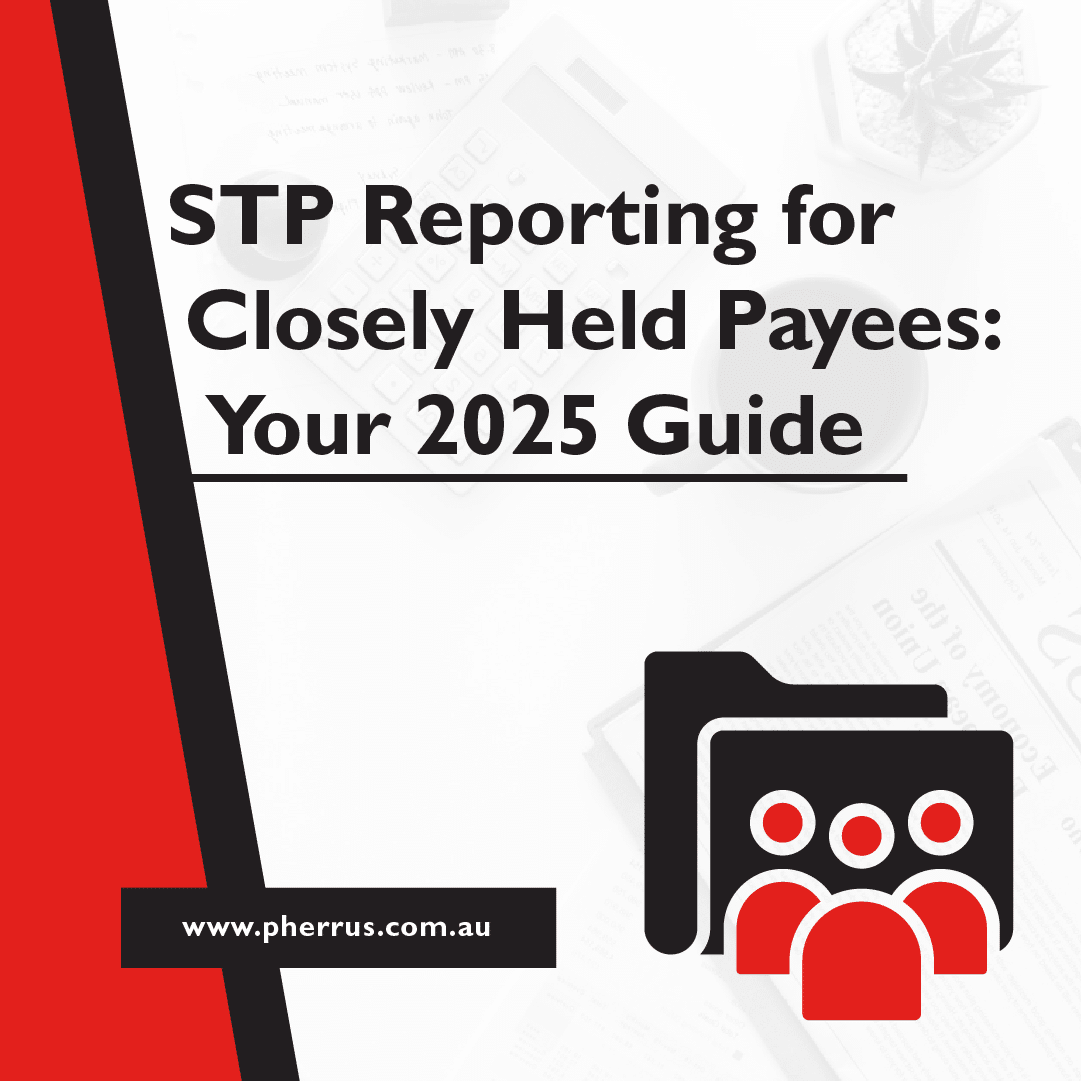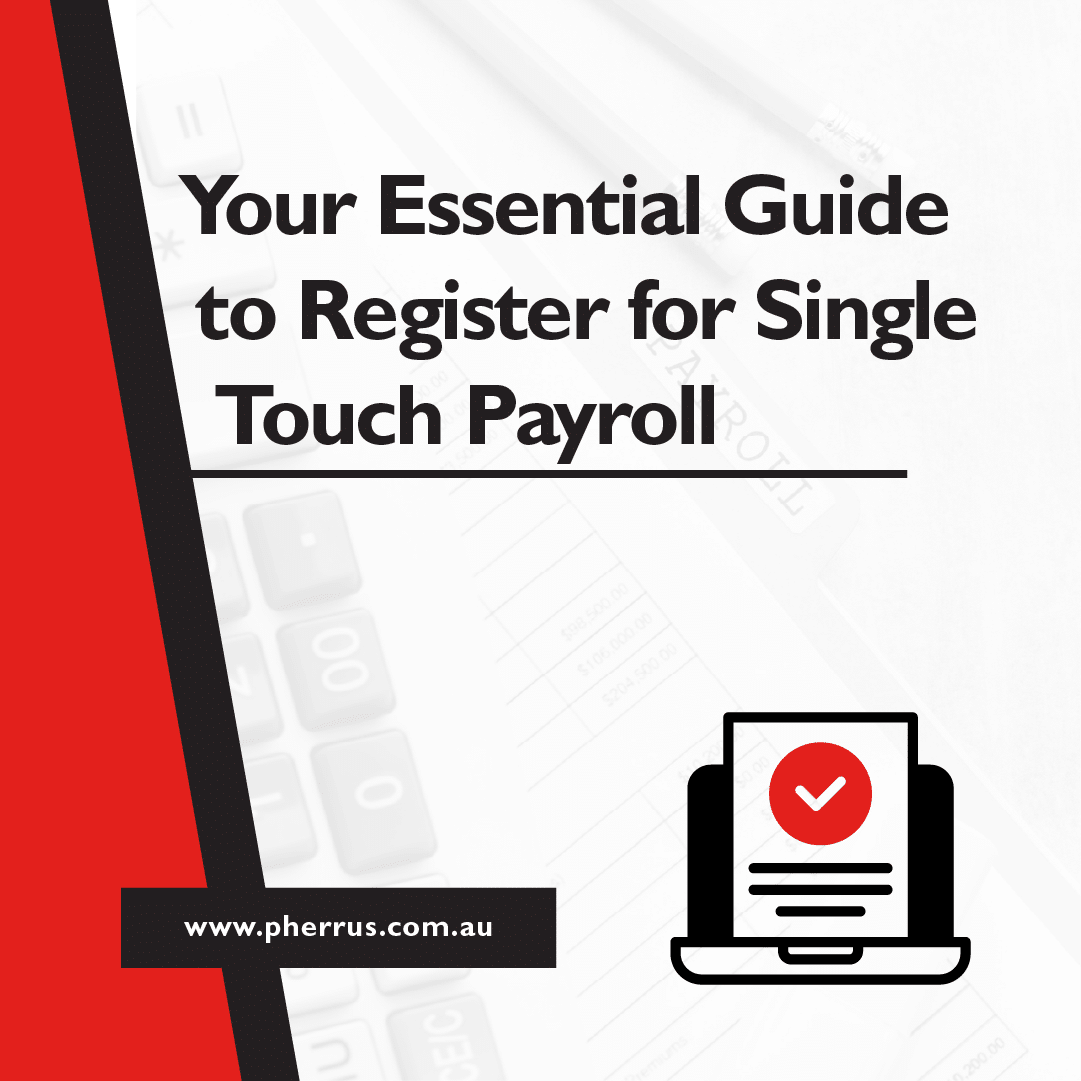If you’re running a business that employs staff, the chances are you need to pay super guarantees. How much you need to pay will vary according to the number of hours the employee works, as well as their earnings.
At present, the super guarantee rate is 9.5% of an employee’s earnings. While SG legislation passes, businesses that have fallen short on SG payments are subject to an amnesty. The amnesty period runs from May 2018 to May 2019, and it is present to help business owners avoid fines. By learning more about the superannuation guarantee amnesty, you can meet your SG obligations as a business owner while minimising the cost of additional charges.
What is the superannuation guarantee amnesty and why was it introduced ?
On the 24th of May 2018, the Minister for Revenue and Financial Services Kelly O’Dwyer announced that businesses could enjoy an amnesty period that allowed them to pay missed SG without a penalty. That period will run until the 23rd of May 2019, giving business owners a year to comply.
The aim of the amnesty is to ensure the Australian Tax Office (ATO) is able to chase those businesses that aren’t meeting employee SG payments. This runs alongside the introduction of Single Touch Payroll, which should ensure that businesses make SG payments alongside employee wages. As a result, Australian workers will no longer exit roles without fair contributions.
While the new system unfolds, the government has to give businesses a final chance to meet their obligations. During the amnesty period, they can make outstanding SG payments without facing penalties. This applies to businesses that have been failing to meet payments since 1992 onward. It’s worth noting that this doesn’t include periods following the 1st of April 2018.
What are the risks of not paying during the amnesty ?
To understand the risks, it’s worth exploring the benefits. If you pay for SG shortfalls during the amnesty period, the ATO waves your $20-per-employee administration fee. Depending on the size of your business, this could lead to significant savings. Additionally, you will avoid all fines. Again, there’s an opportunity to save money.
If you fail to make payments during the amnesty period and it’s found that there’s a shortfall, you face the charges detailed above. It’s worth knowing that you can’t plead ignorance. As a business owner, the ATO expects you to make correct calculations and address shortfalls accordingly. By not paying during the amnesty period, you also miss opportunities to make them tax deductible. Overall, not acting within the amnesty presents unnecessary financial risks to your organisation.
Which businesses are eligible for the Super Guarantee amnesty ?
If you voluntarily disclose shortfalls and disclose those that haven’t previously been disclosed, you’re eligible. This includes instances where you’ve made some payments, but not all. The ATO will expect you to make the payment directly to them, or into the employee’s SG fund. If you’re unable to pay, you can complete the SG Amnesty ATO payment form and either lodge it with the ATO or have your accountant lodge it for you.
Overall, the amnesty period offers an opportunity to enjoy financial benefits while meeting your employees’ needs. If you require assistance, the team here at Pherrus can handle your transactions for you. Get in touch for further assistance.




